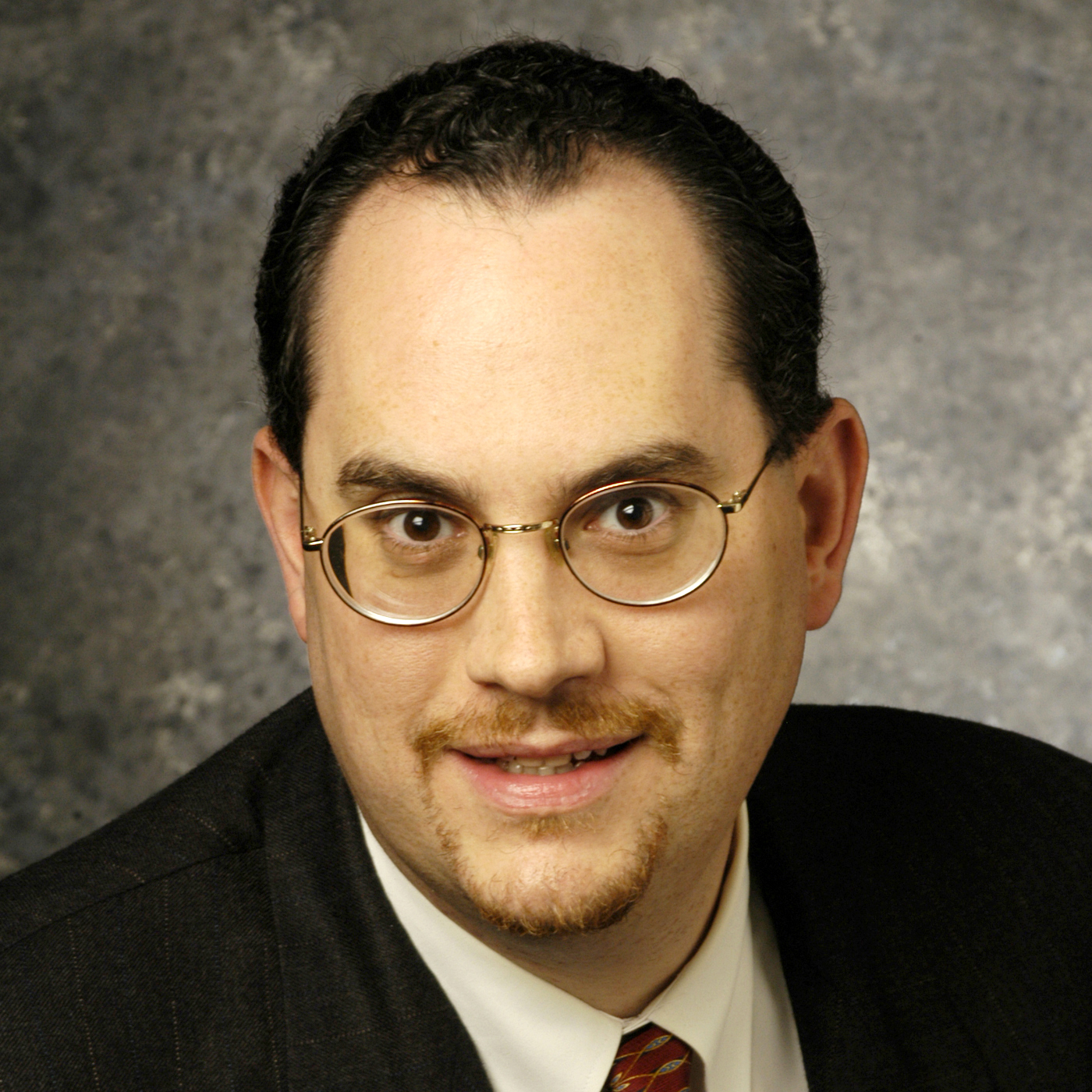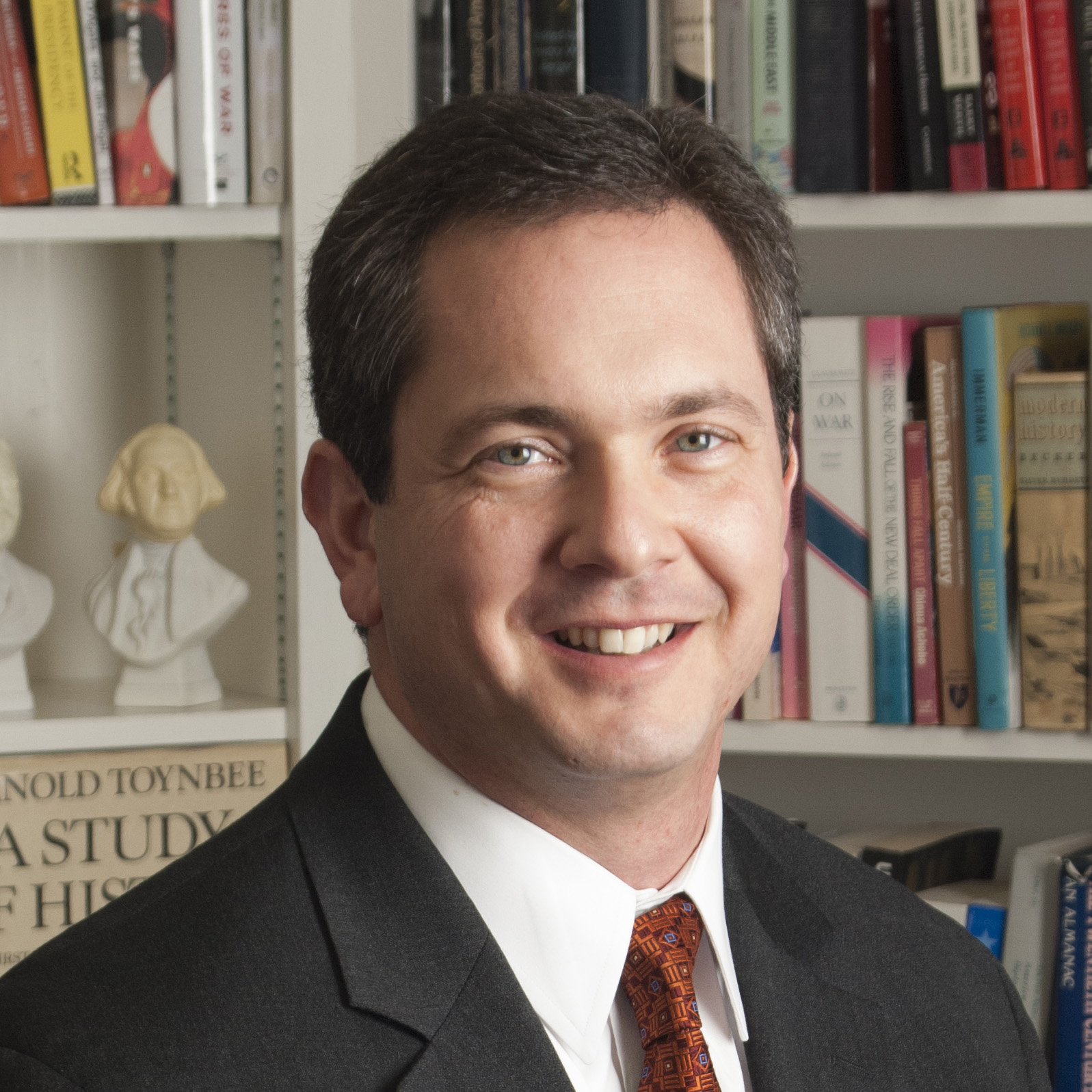Political parties have reasons to be nervous
SMU experts are available for interview on all things related to the current state of the presidential races.
DALLAS (SMU) – SMU experts are available for interview on all things related to the current state of the presidential races.
| REPUBLICANS RIGHT TO FEAR DOWN-BALLOT CONSEQUENCES IN NOVEMBER |
|
|
As the primary season officially comes to a close, Donald Trump and Hillary Clinton have already staked their positions in opposition to each other, but party members on each side of the aisle still have headaches. “Trump is making it more and more clear he doesn’t care if people think he’s racist,” Wilson said in reference to Trump’s attacks on the Latino heritage of judge Gonzalo Curiel, who is overseeing one of the Trump University lawsuits. “For Republican Party leaders, this is just one more step in their slowly unfolding nightmare as things just get worse and worse instead of normalize,” Wilson adds. Wilson says concerns that Trump will impact down-ballot races are almost certainly valid. “There will be some portion of traditional Republican voters who either don’t show up at all or don’t vote for Trump, which means from a technical standpoint, they won’t pull the straight-ticket lever,” Wilson says. “Many states have the option to select a straight-ticket vote, but if you’re a never-Trump person, you won’t tick that box. So the question is: Will they manually go through the ballot to vote for every single Republican? For most, the answer will be yes, but for some, it will be no.” On the Democratic side of the aisle, headaches are caused not by the party’s presumptive nominee, but by the rival who won’t admit the gig is up. “At this point, Bernie Sanders is about to jump the shark,” Wilson says. “The worst thing you want to be in politics is the butt of jokes, and that’s what he’s becoming with his dogged unwillingness to give up and acknowledge reality.” Wilson says it’s clear Sanders wants to push the Democratic Party further to the left, toward the model of a European socialist democracy, but, “He can’t earn any more influence on the party’s platform than he’s already earned. The ride is over.” Wilson is an SMU associate professor of Political Science who can discuss:
|
|
| TRUMP COULD COST REPUBLICANS THE LATINO VOTE FOR GENERATIONS |
|
|
Martin says it’s no exaggeration that Donald Trump’s campaign, with its references to “Mexican” judges and “rapists and thugs” from across the border, could cost the Republican party the Latino vote for generations, but she says it’s not entirely his fault. “Trump is worsening an already extant problem,” Martin says. “It’s unfair to blame Trump for all of it because (2012 Republican nominee) Mitt Romney, with his ‘self-deportation’ comment reversed the good will generated by George Bush, who spoke Spanish and had a good relationship with the Mexican-American community.” So the vote was already sliding away when Trump, instead of reaching out to it, pushed it off a cliff. The rest of the Republican Party isn’t doing much to help the situation, either. “The look on Paul Ryan’s face earlier this week, I think he was about to turn back the clock a week and refuse to endorse Trump again,” Martin says. “I still can’t believe Ryan used the phrase ‘textbook racist,’ but then said Trump is still better for Republican policies than Hillary.” “The only Republican who seemed authentic this week and spoke with any degree of dignity was Lindsey Graham when he said he’s been a Republican his whole life, but he won’t vote for either of this year’s candidates,” Martin adds. “But I don’t know that there’s enough Lindsey Graham’s in the party to prevent Trump’s anti-Hispanic comments from staining it for years to come.” Trump has softened his tone since the weekend, but Martin says it remains to be seen if he can keep his cool long enough for it to matter. “The problem is Trump won the nomination from this behavior,” Martin says. “He learned that if you say something extreme, you get a big reaction and people turn out and vote for you. The problem is, he already got all those people who support his rhetoric, and there aren’t enough of them to win a general election this fall.” In the Democratic race, Martin thinks the talk of Sanders wanting input on the party’s platform is overblown. “Sanders will want a voice on significant issues, but mostly he wants to be respected,” Martin says. “He knows as well as anybody that nobody is bound by the platform, so he won’t put his chips on it. That would make no sense. He wants to be seen as a significant player and he wants his issues to be carried forward, and that’s bigger than the convention for him.” Sanders has more than threats of a contested convention to cajole Clinton toward giving him the respect he desires, says Martin. “Clinton can read polls as well as anyone and she can see that every single poll says her unfavorables are high, especially for people 30 and under or 40 and under, and Sanders’ favorability is huge there,” Martin says. “It’s not a joke that he can help her there. If she gets even 50 percent of the support from Sanders that she eventually gave Obama in 2008, she’ll open her lead again and her news cycles will get real positive again. That’s Sanders’ power.” Martin is an SMU assistant professor of Communication Studies in the Meadows School of the Arts. She can discuss:
|
|
| SANDERS WILL COME AROUND TO HILLARY, BUT RECONCILIATION WON’T BE LIKE 2008 |
|
|
Eight years ago it took Clinton four days to admit defeat and endorse Barack Obama after a contentious primary season that yielded a narrower delegate victory than the one Clinton holds over Sanders today. But don’t expect this year’s Democratic reconciliation to resemble 2008’s. “The biggest difference between now and 2008 is that the candidate who came up short in 2008 still wanted a future in the Democratic party and hoped there might be a chance for her to win a later presidential election,” Engel says. “That’s not the case with Bernie Sanders.” Engel elaborated that not only is it unlikely the 74-year-old Sanders would run for President again, he’s also not a member of the Democratic party and holds no loyalties to its power brokers. “This was Sanders’ last shot, and I think all of this ultimately contributes to a potentially slower reconciliation than we saw in 2008,” Engel says. “But ultimately it will be much ado about nothing. The two sides will reconcile, Sanders won’t blow up the convention, and ultimately all that matters is the image of the two of them with their arms locked in celebration saying, ‘Forward, on to November!’ and at some point, that image will occur.” It’s impossible not to notice, Engel adds, that the celebration for Clinton becoming the first female nominee of a major political party wasn’t as pronounced as when Obama broke the color barrier in 2008. Engel says that says more about America than the Democratic Party. “It just doesn’t compare to the great question of the American story, which is of race,” Engel says. “Race is the question of America. Gender is not.” Even as the country makes history for the second time in eight years with the nomination of an unprecedented candidate, Engel noted that the country’s progress truly might be only skin deep. “It’s remarkable to me that the nation keeps electing people who are more and more representative of the changing nation on the surface. But every president since Reagan left office – and most of the major presidential candidates – were graduates of either Harvard or Yale, and both current candidates will continue that ivy-league tradition,” Engel says. “That’s important, because you don’t get women and African Americans going to Harvard and Yale 50 years ago, but we’re electing the same sort of person, we’re just changing what that person looks like.” Engel is director of the SMU Center for Presidential History. He can discuss:
|
|
# # #
21760-nr-6/9/16-kr


